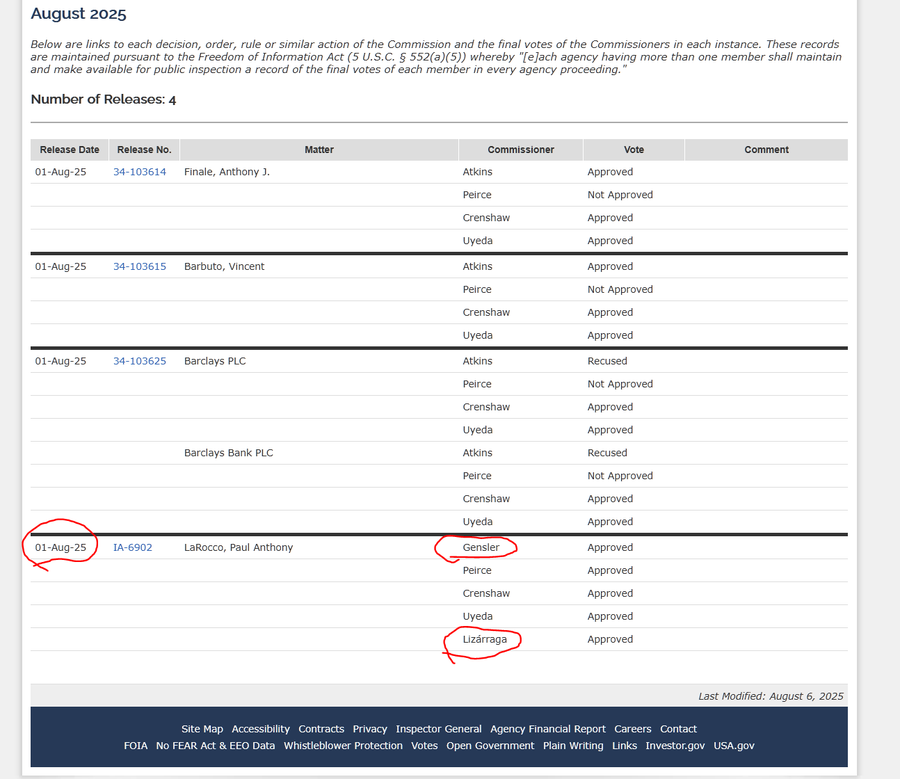Incogni, a digital privateness firm, conducted a survey on American and Chinese platforms harvesting gentle facts from Europeans. No topic alleged digital safety licensed pointers, these apps can circumvent them.
Blockchain know-how may well per chance also repair these problems, however the on-line’s dominant forces are coming into into the unsuitable manner. It’ll be a arduous fight.
Digital Privacy Violations In Europe
Since its earliest days, the crypto neighborhood has had a stable curiosity in digital privateness. Bitcoin used to be created to be trustless, anonymous, and decentralized, after all.
Alternatively, the on-line in 2025 is a extraordinarily diverse situation when compared to 2009. A decide need of platforms alter famous of the website visitors, and they also’re all harvesting facts:
No topic Europe leading with personal facts safety licensed pointers, Incogni’s researchers show off touching on practices of foreign-developed applications and how they tackle European voters’ facts. Applications developed by foreign entities can without misfortune feature in gray areas that proceed away EU and UK voters’ personal facts huge open to 3rd-occasion win entry to,” Darius Belejevas, Head of Incogni, in fact useful BeInCrypto.
In step with unusual research published by Incogni, predominant platforms basically basically based within the US and China interact in systematic violations of digital privateness. The government most incessantly surveys American social media apps, and we can without misfortune reflect that China employs the same methods.
Incogni’s survey alive to in Europe, and its conclusions on app-basically basically based facts series are somewhat most piquant. Though the continent ostensibly has stringent digital privateness licensed pointers, these foreign platforms alter a mountainous portion of facts.
It’s straight forward to agree with how this distress may well per chance even be famous worse in diverse areas.

Can also Blockchain Advantage?
So, how can blockchain know-how make sure digital privateness? Web3 applications equivalent to self-sovereign identity (SSI), decentralized identifiers (DIDs), and tokenized facts marketplaces present a mannequin where users alter and selectively inform facts by technique of cryptographic proofs, stopping bulk harvesting and wrong-border leakage.
No longer like centralized apps, blockchain methods retain verification native and transparent. By embracing crypto’s origins as a radically decentralized gadget, voters within the UK, EU, or any diverse country may well per chance even be ready to present protection to their digital privateness.
Alternatively, this optimistic distress looks extremely not going. Cybersecurity consultants are excited about a sort in crypto scams: what exercise is a warning if no person heeds it?
These platforms potentially obtained’t merely allow mountainous numbers of users to flaunt their facts series methods. Privacy-focused enthusiasts may well per chance want to invent parallel constructions.
Can blockchain-basically basically based platforms genuinely change messaging, leisure, social media, and more? These replacements would require principal user adoption—a messaging app where you would’t message any individual, a streaming app with out a teach, and so forth, would be ineffective.
Govt-Imposed Hurdles
Because the most up-to-date US blueprint to place financial facts on the blockchain reveals, motivated governments are able to the exercise of this know-how for famous unusual exercise conditions.
If such a blueprint had some proper aquire-in from EU governments, privateness consultants may well per chance also drive these platforms to allow blockchain-basically basically based user obfuscation applied sciences.
There’s true one request: are EU governments excited about digital privateness? MiCA rules suggest that they are not, but diverse most up-to-date incidents present extra evidence.
The Online Safety Act (OSA), Britain’s are trying at digital age verification, has confirmed hideously unpopular, even sparking human rights criticism.
It requires websites to abandon any pretense of digital privateness and take a look at every skill user’s identity ahead of they may be able to win entry to the platform. It looks the EU is sorting out the same requirements.
In short, the on-line’s prevailing headwinds attain not resolve on digital privateness. Committed developers may well per chance also invent Web3-basically basically based solutions, but it absolutely’ll be a lengthy and uphill fight. Quiet, blockchain know-how is the largest manner to attain this dream.

